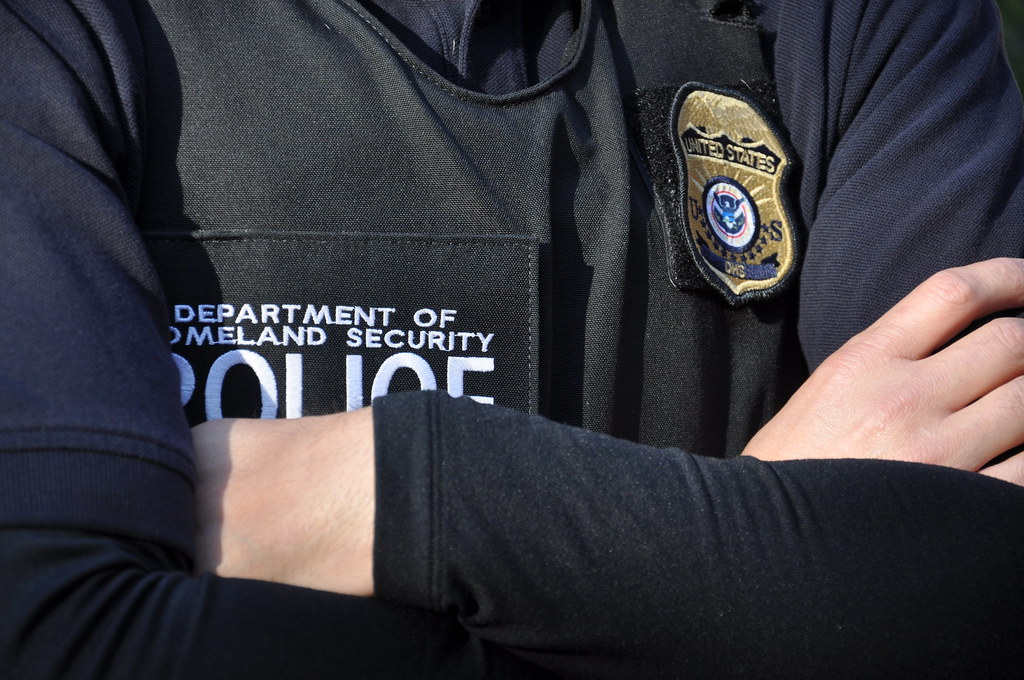
The Department of Homeland Security (DHS) is reportedly preparing a new policy that will offer unaccompanied migrant teenagers in the United States the option to voluntarily leave the country in exchange for a $2,500 payment. This information comes from three sources familiar with the plans and an administration memo obtained by CNN.
Financial Incentives for Departure
The Trump administration has already been utilizing financial incentives, including a $1,000 exit bonus, to encourage undocumented adult immigrants to depart the country. Administration officials maintain that these self-deportation incentives are more cost-effective when compared to the high expenses associated with immigrant detention and deportation.
A notice from the Department of Health and Human Services (HHS) sent to legal service providers on Friday stated that the administration “will provide a one-time resettlement support stipend of $2,500 U.S. Dollars to unaccompanied alien children, 14 years of age and older, who have elected to voluntarily depart the United States as of the date of this notice and moving forward.” The notice clarified that this “benefit is intended to support reintegration efforts following departure.” The voluntary option is expected to be offered initially to 17-year-old migrants and will require approval from an immigration judge. The payment itself would be disbursed only after the migrants arrive in their home country.
Official Statement and Context
HHS, the agency tasked with the care of unaccompanied migrant children (UACs), referred inquiries about the policy to DHS. A spokesperson for Immigration and Customs Enforcement (ICE) provided a statement to CNN, saying, “ICE and the Office of Refugee and Resettlement at HHS are offering a strictly voluntary option to return home to their families. This voluntary option gives UACs a choice and allows them to make an informed decision about their future.” The spokesperson added that any payment would be provided only after an immigration judge grants the request and the individual arrives in their country of origin, emphasizing that the financial support would assist their return home. As of October 2, there were approximately 2,100 kids in HHS custody.
The latest policy appears to be an expansion of ongoing efforts to repatriate migrant children in custody. Earlier this year, the Trump administration prepared dozens of Guatemalan children for return to their home country—a move that was temporarily blocked by a federal judge. Declarations from some parents in Guatemala revealed they were unaware their children were being deported, raising concerns about the children’s safety upon return. That court case is ongoing.
Protections and Advocate Concerns
Existing law, specifically the Trafficking Victims Protection Reauthorization Act (in place for over two decades), provides protections for unaccompanied migrant children, requiring them to be screened to determine if they are victims of human trafficking or possess a credible fear of persecution in their home country.
Generally, children in custody are not proactively offered the option to voluntarily leave, and those who request it must still have their departure approved by an immigration judge. ICE stated that children in this new program would similarly go before a judge to ensure the child understands the choice, is making the decision freely, and is not being placed in harm’s way. However, Neha Desai, managing director of Children’s Human Rights & Dignity at the National Center for Youth Law, criticized the move, stating, “Voluntary departure has always been an option for unaccompanied children and when this option is explained by an attorney who has the child’s best interest in mind, the risks and benefits can be fully explored. There is no legitimate reason for the government to affirmatively provide children with this option and incentivize it with a financial payoff.”
Earlier this year, the administration also moved to rapidly deport some migrant children by having federal agents directly ask teens whether they wanted to voluntarily depart, a departure from long-standing protocol that required turning over most unaccompanied children to HHS. These efforts to repatriate children who are in immigration proceedings have alarmed immigrant advocates and attorneys. While advocates agree that child safety must be a priority, they argue that the Trump administration’s policies risk causing more harm than good by sending vulnerable children back to potentially dangerous conditions. Furthermore, the administration has implemented additional vetting checks prior to a child’s release from custody, which have already resulted in prolonged stays in shelter facilities.
What The Author Thinks
Offering a cash payment to unaccompanied minors to waive their legal rights to seek asylum or protection is a deeply cynical policy that effectively uses economic need as a tool of deportation. While the payment is framed as “resettlement support,” the timing—disbursement only upon arrival back home—suggests its primary purpose is to ensure departure, bypassing the often lengthy and complex legal process intended to protect these vulnerable individuals. This practice undermines the spirit of existing child protection laws and places an enormous ethical burden on a teenager to trade their potential legal safety for immediate, albeit temporary, financial relief, which is not a truly free or informed choice.
Featured image credit: Steve Rhodes via Flickr
For more stories like it, click the +Follow button at the top of this page to follow us.
